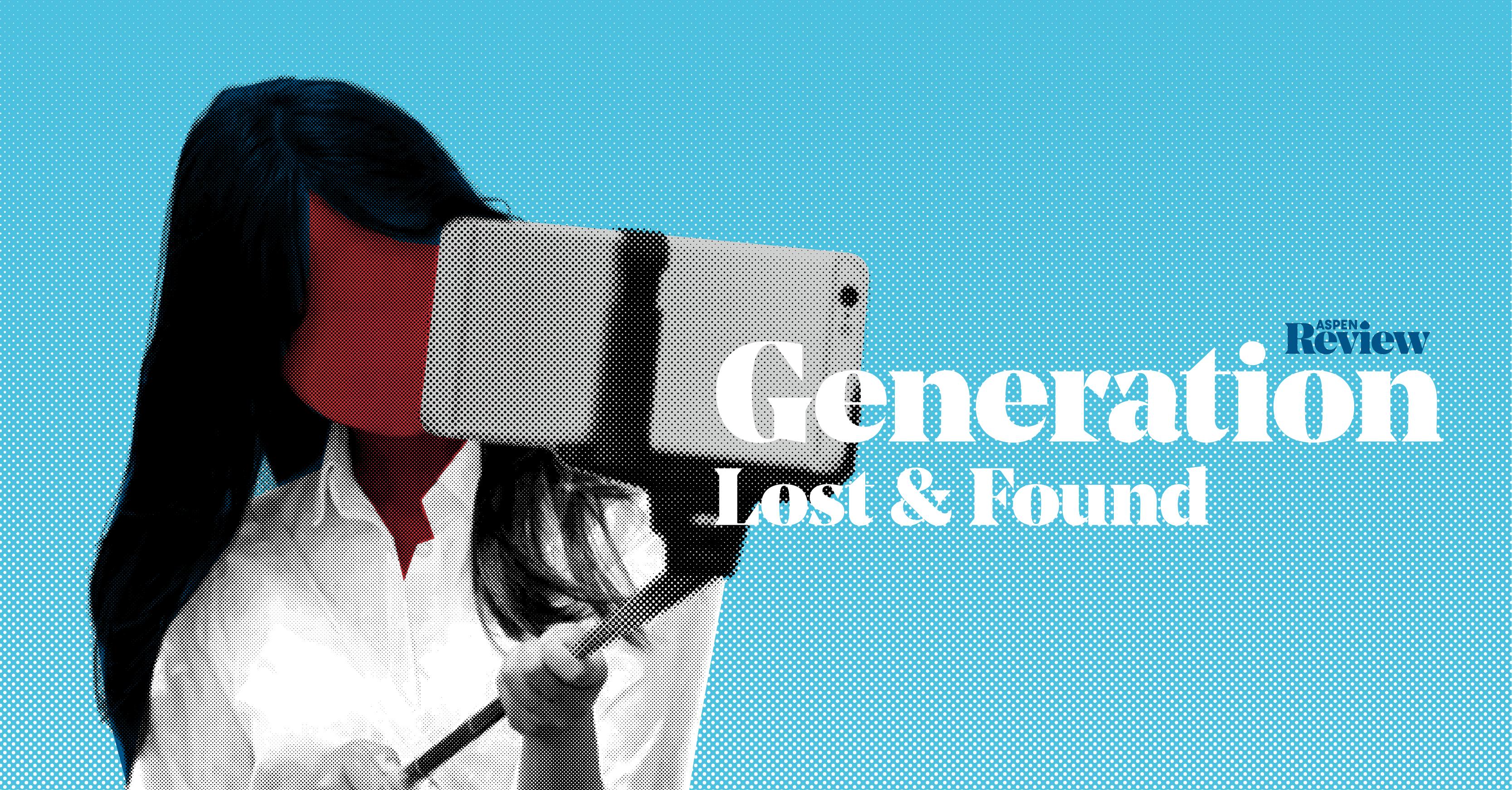In The Good Soldier Švejk Jaroslav Hašek mentions a certain Pole who “kept aristocratically aloof, ignored everyone and played with his own hand, blowing his nose on the floor using two fingers, spreading the snot with the butt of his rifle, and then he deftly rubbed the butt against his trousers and from time to time muttered under his breath: ‘Holy Lady!’” If we didn’t know that the most famous Czech novel of all time was written almost 100 years ago, we could have thought that the author was writing about some Polish diplomat or politician from the ruling party.
The persistence of stereotypes and patterns of behavior in our part of the world is truly unusual and should not be underestimated. For two years the Poles have been stubbornly proving that nothing has changed in their national character and that they can successfully compete for the title of the sick man of Europe. Nevertheless, neighborly schadenfreude is out of place. Like it or not, Poland is the largest country of Central Europe and its image influences the perception of the entire region, increasingly often called simply Eastern Europe.
Warsaw provides more than enough arguments to all those who wish to turn back time and divide Europe again into a better and a worse one. Only the elections in France and Germany separate us from the moment when belonging to the eurozone will become the criterion of division. Citizens of eurozone countries currently constitute 66.6% of EU inhabitants (what a satanic coincidence), and after Britain has left the EU they will enjoy an overwhelming majority of 79.3% (a qualified majority for taking decisions in the entire EU is 65% of the population and 55% of member states). And then the eight countries from outside the eurozone (with the exception of Denmark) will face a dramatic decision: namely whether to enter the zone regardless of the cost.
In democracies, such a decision has to be taken by the citizens. While you can easily imagine that the Romanians, Croats, or Bulgarians would accept the euro right away, it seems impossible that the Poles or Czechs would do it in the foreseeable future. Most of them are against it, and what is more, their real support for further European integration is negligible. The situation in Hungary is slightly different: most of the public and the government are willing to give up on the forint. Already in July 2016, the Hungarian finance minister announced in an interview for the Magyar Hírlap daily that his country would be ready to enter the eurozone by the end of the decade and expressed “great hope” that it would happen. Similar declaration of his Czech counterpart is unimaginable. As for the Polish finance minister, he said recently that Poland would start thinking about entering the eurozone in 10-20 years.
Nine years ago, when I asked Donald Tusk, then a newly-appointed prime minister, when would Poland join the eurozone, he suggested that it would take place during his term in office. Perhaps he meant the presidency – the elections of the head of state will take place in 2020 after all, and it is quite likely that the current president of the European Council will participate in them as the joint candidate of the opposition. Seriously speaking, Tusk did nothing as prime minister and he will not start a losing battle now. Making the eurozone membership an element of the election campaign in Poland would be a perfect gift for Jarosław Kaczyński.
Let’s be realistic. The Poles and the Czechs will sooner leave the EU than enter the eurozone. In this situation, responsible policy in these countries should be to prevent our marginalization in the Union and strengthen European cooperation in every area where it is possible. Tusk will have a lot of things to do in Brussels, while politicians in Warsaw could, for a start, stop “keeping aristocratically aloof and blowing their noses on the floor.”


